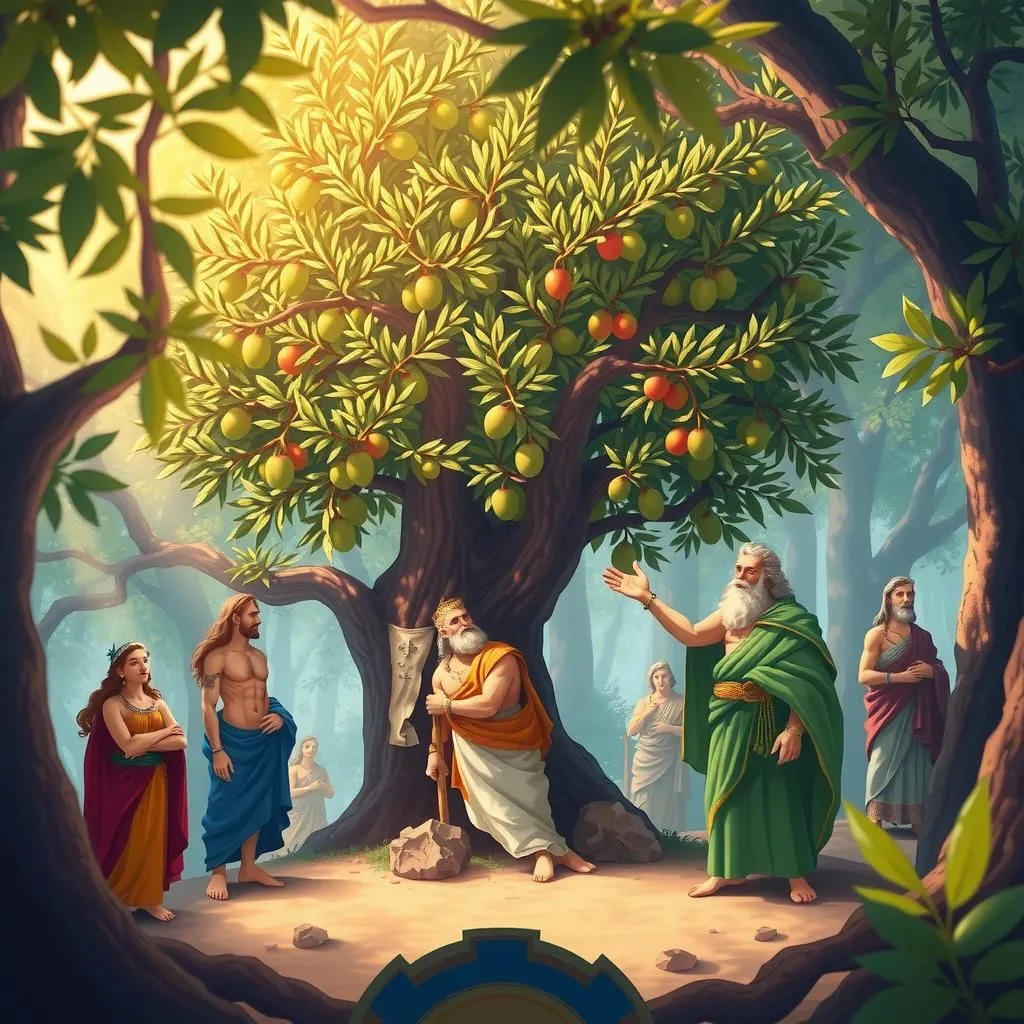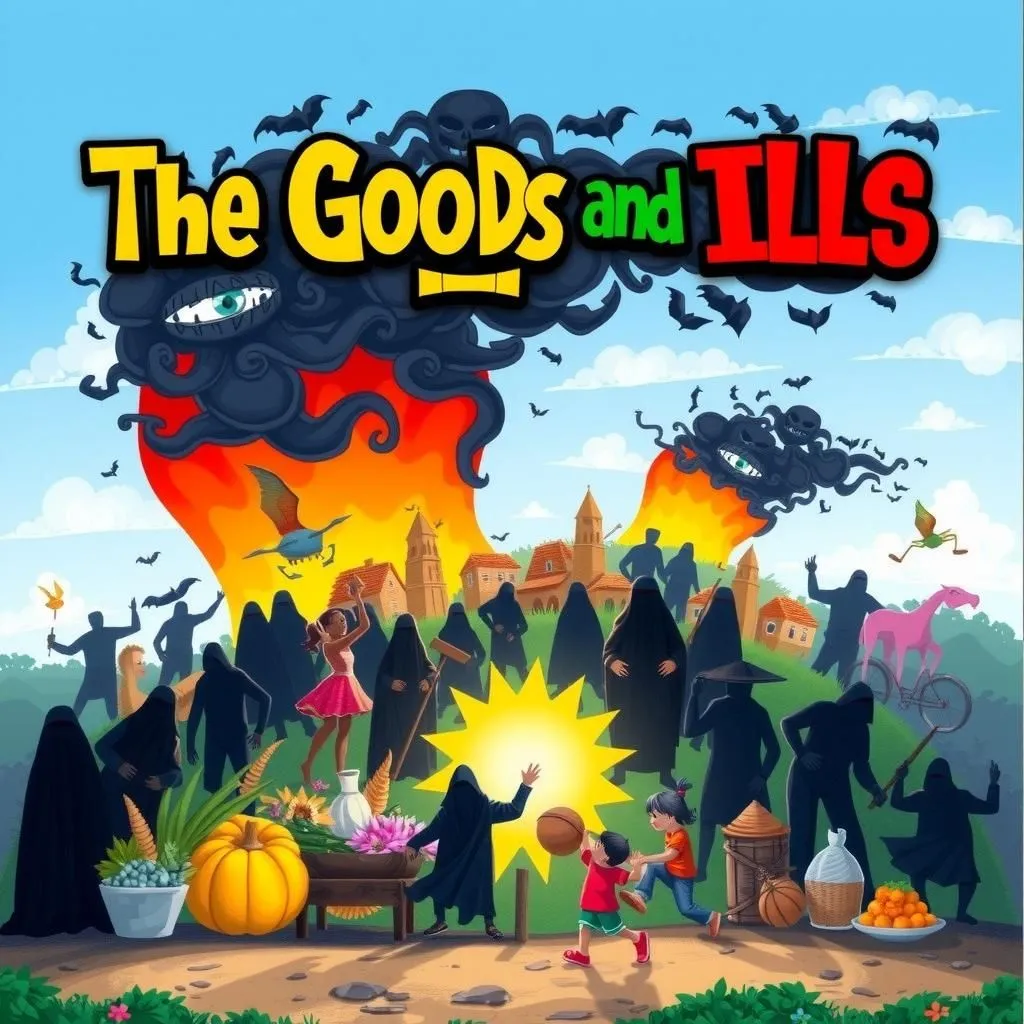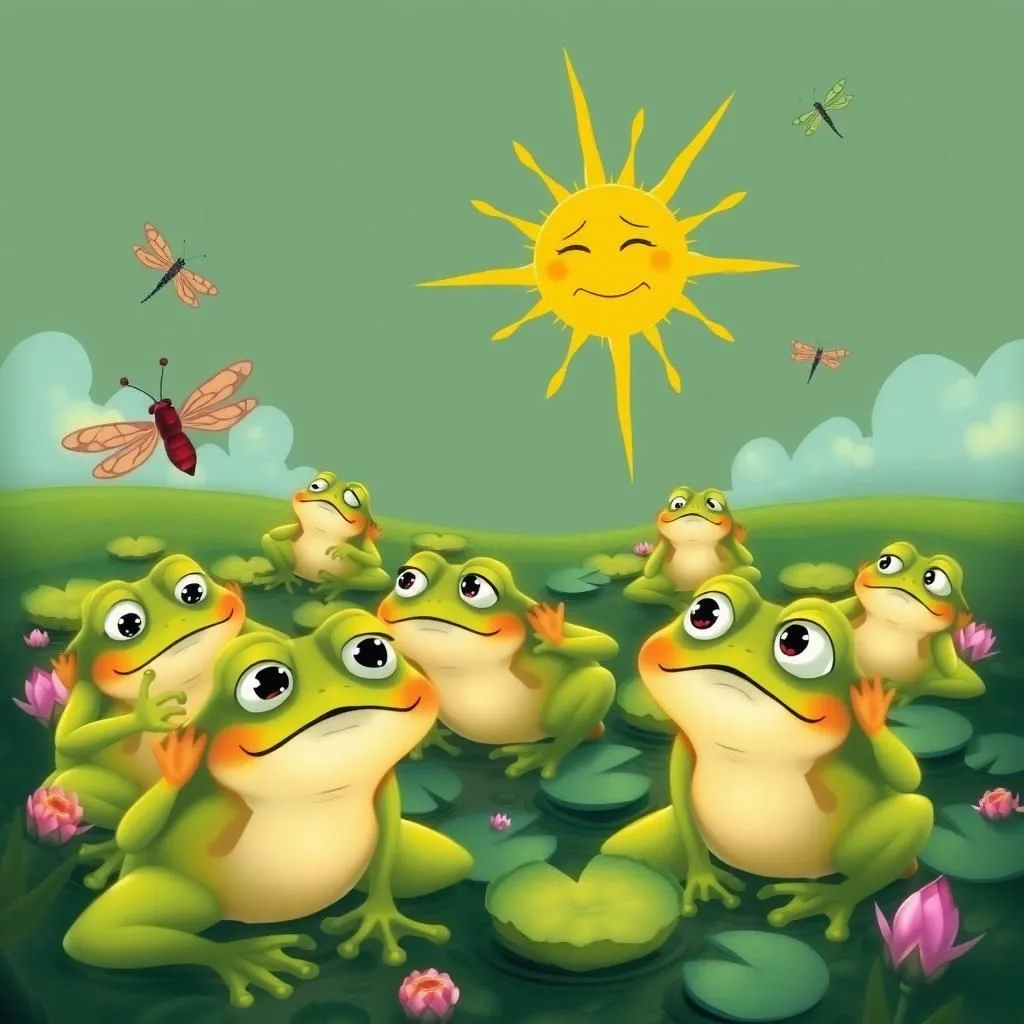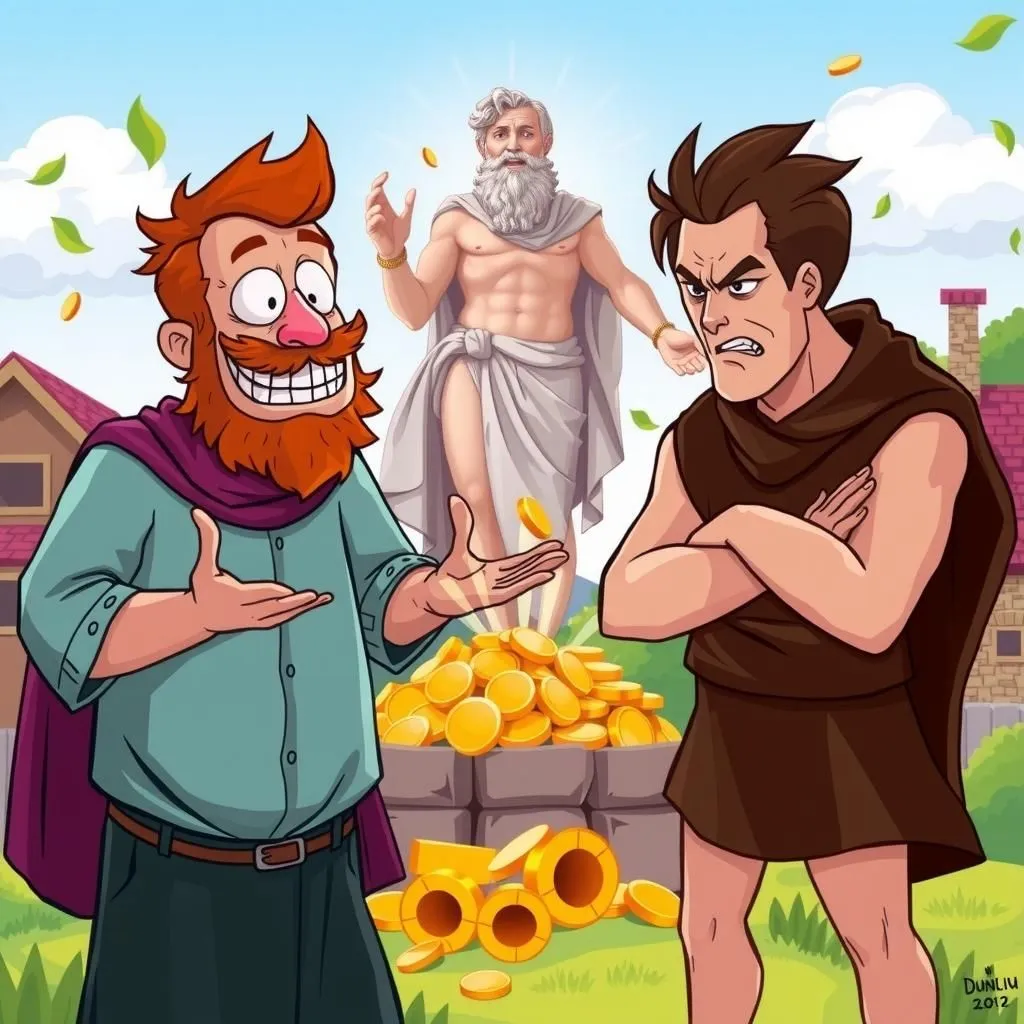
The Trees Under the Protection of the Gods
In "The Trees Under the Protection of the Gods," various deities select trees for their protection, favoring those that do not bear fruit to avoid the appearance of greed. Minerva advocates for the fruitful olive, leading Jupiter to impart a thought-provoking moral: true glory lies in usefulness, not superficial honor. This short and sweet moral story highlights the importance of impact over appearance, making it a compelling lesson on value and purpose.


